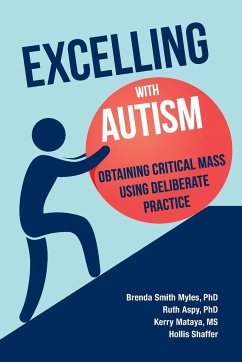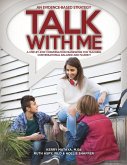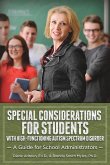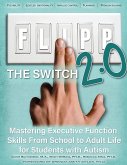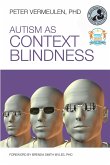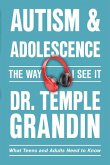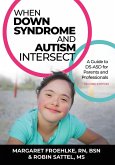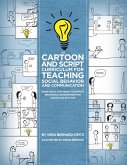Most individuals with ASD and other related disorders are taught skills only to a certain point. For example, an individual may learn to read a calendar of assignments and check it the night before; however, he is not totally independent on this task because he has not learned that you often need to check your calendar more often than one night before an activity, such as a test. As adults, people on the spectrum may be taught to pay bills and pay them on a timely basis when an invoice is provided. However, what if there is no invoice - such as with rent. These challenges are directly related to a lack of success in independent living, employment, and social interactions. How do we change this trajectory? We can help individuals reach critical mass. Think of critical mass as beyond generalization -- über generalization, if you will. It is the point where an individual has gained enough information to apply it to situations, activities or skills in which instruction has not been provided. This book focuses on describing the factors that lead to critical mass for those on the spectrum or other related disorders when providing instruction and supports. Learn easy-to-use strategies that can help individuals with ASD to move about their world as independently as possible, making informed decisions about their wants and needs. Teaching to critical mass will help learners to be successful not only with tasks they have been taught to do, but will also help them to be successful with activities on which they have not received instruction. "What distinguishes excellent and autism-friendly teachers is that they know why a certain teaching strategy is a good strategy for learners with autism. This book offers exactly that knowledge and it is therefore indispensable in the library of every setting that has learners with autism" -- Peter Vermeulen, PhD; Co-director of Autisme Centraal, AAPC author, international speaker, and thought leader. "To excel with autism requires excelling teachers. This book offers teachers the ingredients for excellent and autism-friendly teaching" -- Peter Vermeulen, PhD; Co-director of Autisme Centraal, AAPC author, international speaker, and thought leader. "This outstanding book serves as a wake-up call to do things differently within autism education in order to change outcomes for individuals with autism. This book one of the most important autism books to ever be written." -- Kelly Mahler, MS, OTR/L, is an occupational therapist, autism consultant, AAPC author, and international speaker. According to Lee Stickle, individuals with autism have unlimited potential. Finally, a book that shows how to reach that potential. We shouldn't settle for poor outcomes, individuals with autism deserve better. Learn how to help them reach their unlimited potential. With excellent tools, you get excellent outcomes. Beyond coping, beyond getting through the day… this book teaches how to help students with autism truly thrive. Revolutionary concept. Entirely changes the way we teach students with autism. If fully implemented, this book would change the way students with autism are taught from the beginning and with it, the outcomes.
Bitte wählen Sie Ihr Anliegen aus.
Rechnungen
Retourenschein anfordern
Bestellstatus
Storno

